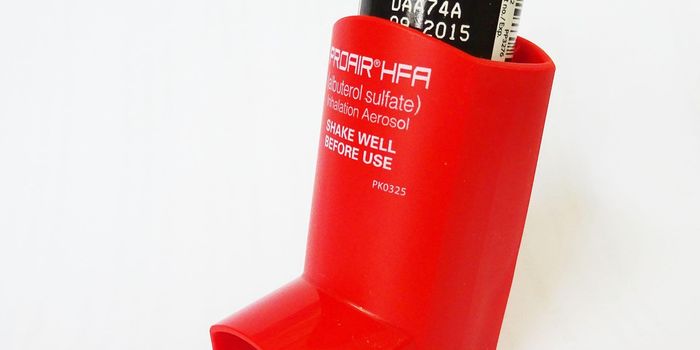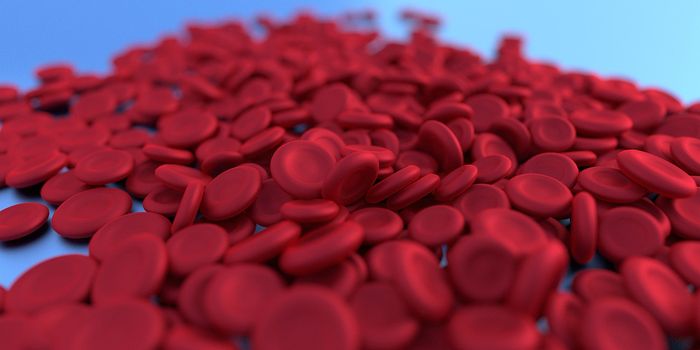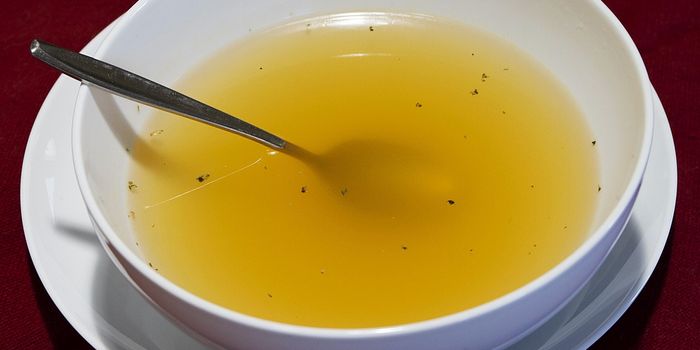Tissue Stiffness Regulates Immune Responses
Cells are remarkably sensitive to the mechanical properties of their environment, changing their behavior as a result of physical forces exerted by the surrounding tissues. Over the last 20 years, scientists have uncovered that this phenomenon, known as mechanosensing, dictates a plethora of cellular responses, from cell division and differentiation to the activation of the immune system.
After a sprain, for example, joints swell and become stiff and mechanically rigid. How the physics of this tissue rigidity influences the dynamics of immune cells such as T and B lymphocytes, however, has remained unknown.
A team of researchers at UCLA may have found a missing piece of this puzzle: a molecule called yes-associated protein, or YAP. Through a series of experiments using genetically-modified mice, they found that T cells use YAP as a sensor of tissue rigidity, responding to these mechanical cues by either accelerating inflammation or hitting the brakes on it.
The study’s senior author, Manish J. Butte explains, "In cases of both autoimmune activity and fighting off infection, YAP acts as an accelerator of the immune response in stiff tissues, and as a brake when there is mechanical softness." Specifically, YAP is able to access the metabolic control panel of T cells, flicking the switch for increased nutrient uptake to cope with a spike in energy requirements upon sensing tissue rigidity.
This new paradigm of immune system regulation has significant implications on future therapeutic strategies for diseases that have an immune component: autoimmune diseases, chronic infections, and some forms of cancer.
"This is a whole new pathway that can be targeted to drive up immune responses in order to better fight infections, or slow down immune activity in conditions such as diabetes," said Butte. YAP-driven pathways are a prime target for potential drug targets and the subject of future research.
In follow up studies, Butte and colleagues plan to investigate whether YAP’s molecular pathways could be leveraged to treat mechanically rigid tumors, such as pancreatic and breast cancers. The team hypothesizes that YAP’s keen ability to sense tissue stiffness could be leveraged to amplify anti-tumor immune responses.
Sources: News Medical Life Sciences, Journal of Experimental Medicine.









